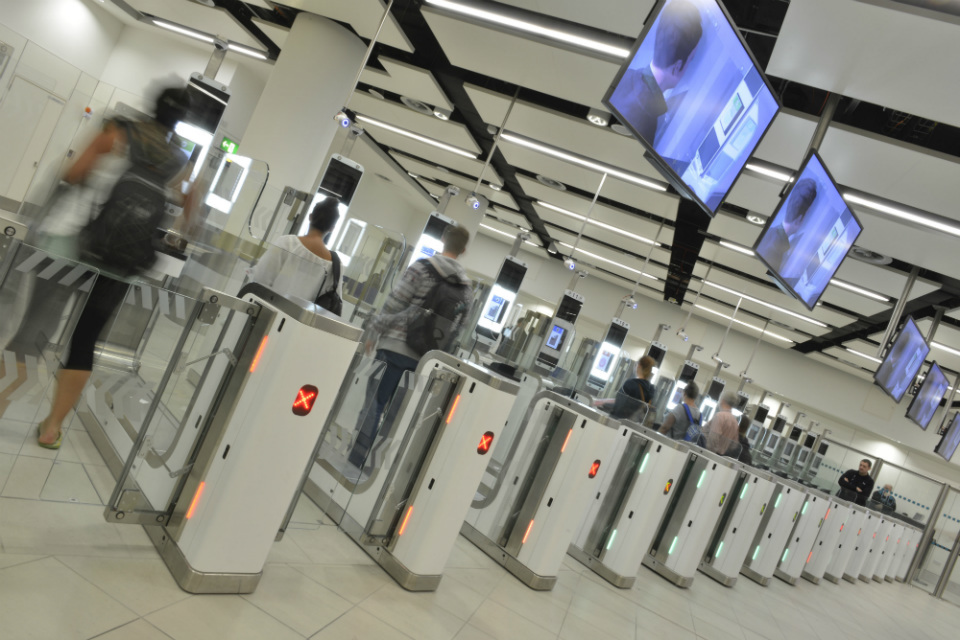Digital travelcards and mobile barcodes set for widespread introduction
No passenger will require one of these by the end of 2018, the government has pledged Credit: PA
The government is spending £80m on a smart-ticketing programme for the nation’s railways that will ensure that “every passenger will have the choice of travelling without a paper ticket by the end of 2018”.
Over the next 15 months every rail franchise in England, Scotland, and Wales will deploy technology allowing customers to travel by scanning a barcode on their mobile device.
A number of train operators will also introduce the KeyGo contactless pay-as-you-go travel card, developed by Govia Thameslink Railway.
That company’s three existing franchises – Thameslink, Southern, and Great Northern – will all roll out the technology across “virtually [their] entire” combined network on the Cambridge-to-Brighton route. Other operators, including South Western Railway, c2c, and Greater Anglia, will also pilot KeyGo in the coming months.
Related content
- Feature: On track for digital – building the railway of the future
- ‘Contactless by 2019’ – Transport for Greater Manchester promises improvements to much-maligned smart-ticketing system
- Transport for London looks to data to improve services and cut congestion
The government is also currently working to develop digital travel card technology, which can be hosted on passengers’ smartphones. Pilot schemes with three operators are likely to take place in the next four months, the government said. The ultimate goal is that “both mobile phone smart cards and mobile barcode tickets will soon be accepted by every operator in England and Wales and be interoperable across different franchises”.
This, the government said, will provide passengers “more tailored options to pay for their travel, saving them money and offering better value deals”.
Transport secretary Chris Grayling added: “Passengers across the country want smart ticketing and this government will deliver it.”



